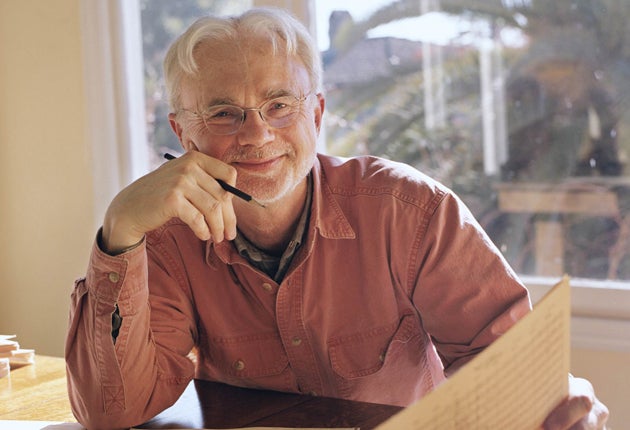Terpsicore/Il Pastor Fido, Royal College of Music, London<br/>St Lawrence String Quartet, LSO St Luke's, London
This shepherd's tale could do with a killer aria, but lo – there is a star

The passion for things pastoral – dressing as shepherdesses, dotting the gardens with sheep – reached the new Londoner Handel too, although he came quite late to the craze with a solitary pastoral opera.
Il Pastor Fido – the Faithful Shepherd – was reworked over 20 years before it was fielded, with dance prelude Terpsicore – at Covent Garden, in 1734, in a bullish attempt to outstrip the successes of a rival company. Opera was big business in those days. For two decades, characters came and went, acquired and lost arias, switched from high to low and low to high voices, and the result made up in length and preposterousness what it lacked in spontaneity.
The fundamental daftness of this cut-and-shunt offering, which contains only rare glimpses of the great human truths revealed in, say, Theodora, Rodelinda or the oratorio Samson, is given full rein in John Ramster's production with the Royal College of Music for the London Handel Festival. Here is a topsy-turvy world where the shepherd's easily led flock becomes a cohort of jobsworth guards, where hunting is absurd, not noble, and where, in a couple of bars, all impediments to true love can be removed, ready for a happy-ever-after ending for all, except the conniving minx Eurilla.
So far so whimsical, and yet there was something heavy-going about this production – a slavish attachment to repeats, albeit with ever more spectacular decoration, does not make for a light-hearted trip to Arcadia, even for those of us who, in general, find four hours of Handel tantalisingly brief. For all its reworking, Il Pastor Fido lacks the killer aria, although there are moments of beauty in the shepherd Mirtillo's reverie on sleep, and in the lament to thwarted love of his Amarilla, the stolid Eleanor Dennis.
As Mirtillo in the first of two casts, counter-tenor Christopher Lowrey's warm and athletic singing was the most engaging thing about this production – he is such a complete performer that his place in a student production is a mere technicality. We are sure to hear him everywhere soon. By no means outshone, counter-tenor Jake Arditti sang Apollo's stratospheric invocations, written for castrato, with wit and nimble ease, with Susan Shakespeare warm and energetic as his ally Erato. Annabel Mountford sulked and stomped gamely as the jealous Eurilla, but the businesslike London Handel Orchestra, conducted by Laurence Cummings, never quite caught fire.
The opera-ballet Terpsicore that prefaces the piece was written to show off the talents of Marie Sallé, who danced lightly clad and with unpinned hair – an aesthetic revolution at the time. Odd then, to have this Terpsicore all trussed up like Vivienne Westwood and nibbling about on her tippy-toes with traffic-cop arms: Mark Morris showed us how to dance to Handel 20 years ago in L'Allegro, il Penseroso ed il Moderato (revived next month), and there is no going back.
Always surging forwards, in his career, in his music, the composer John Adams nevertheless has one eye on the past in his two-movement String Quartet, given its UK premiere on Thursday. Written for the St Lawrence String Quartet, it has elements of Ravel's String Quartet, which preceded it in the programme. The Ravel in its turn was influenced by gamelan music, as leader Geoff Nuttall reminded the audience in a brief, spoken introduction. This dynamic performance of Adams's piece pointed up the percussive nature and rhythmic challenges of first- and second-hand influences, the fragmentary themes jabbed from player to player in a restless, questing exploration that closes with a few reassuring chords.
The intensity of purpose of SLSQ, the bravura of solo passages, and seamlessness of ensemble playing all served to revitalise the Ravel and illuminate the Adams. At the world premiere of his string quartet in Banff last year, Adams told his audience: "It's OK to leave ... not really having an idea what you've heard." Better still to leave like this – knowing that something tremendous has entered the repertoire.
Next Week:
Anna Picard is curious to see how the hit Aids play Angels in America translates to opera
Join our commenting forum
Join thought-provoking conversations, follow other Independent readers and see their replies
Comments
Bookmark popover
Removed from bookmarks